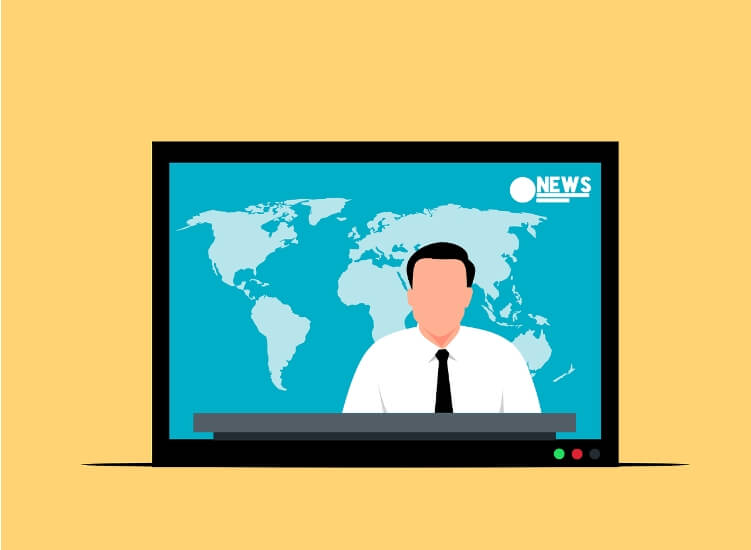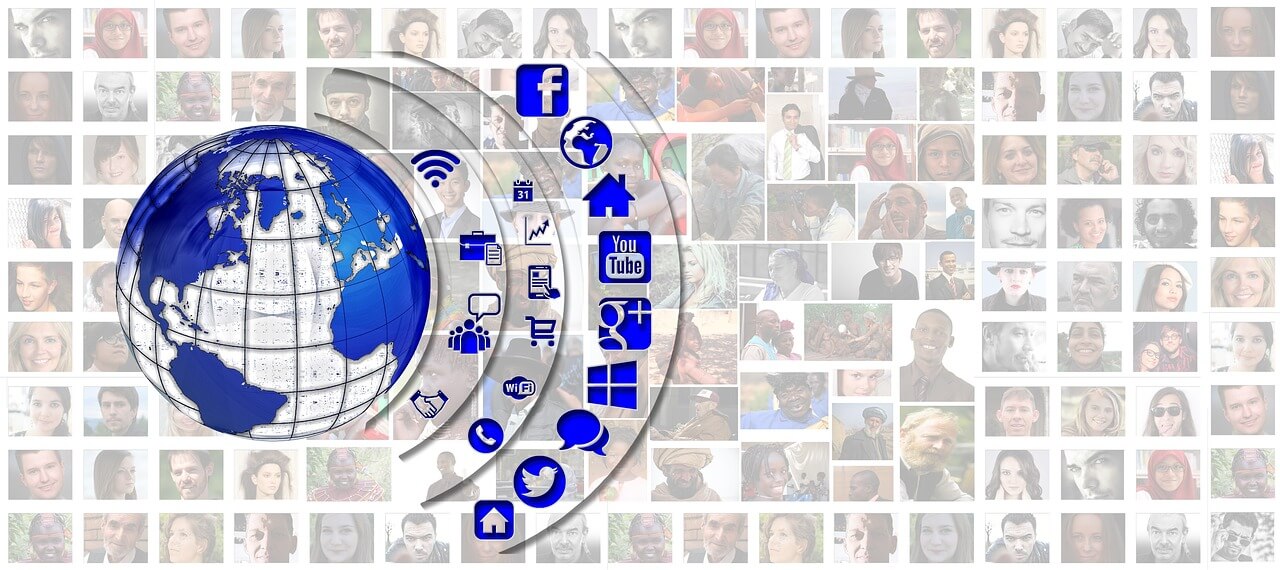As an important channel for the circulation of social information, the media bears multiple responsibilities, such as disseminating facts, guiding public opinion, supervising power and providing public discussion space. However, with the increasing commercialization of media operations around the world, its traditional roles and functions are facing unprecedented challenges. In order to survive and compete, media organizations often have to cater to market logic and pursue profit maximization, which not only affects the objectivity and depth of news reports, but also has a subtle impact on social values.
Media Commercialization and Perspective Change
The commercial operation of the media has made economic benefits one of the key indicators for measuring the success of the media. In this context, some media may choose to report more controversial and eye-catching events, such as corporate scandals, celebrity gossip or social conflicts, in order to increase click-through rates and ratings, and thus attract more advertisers. Although this approach may bring considerable economic returns in the short term, it may damage the media's credibility and social responsibility in the long run, and even distort the public's cognition and value judgment.

The role and responsibilities of government
In the face of the challenges brought by media commercialization, the government plays a vital role. First, the government needs to formulate and implement a sound set of laws and regulations to ensure that the media does not violate basic professional ethics and legal norms while pursuing commercial interests. For example, through legislation, it is necessary to stipulate that the media shall not maliciously spread unverified information, prevent the spread of false reports and rumors, and protect the legitimate rights and interests of enterprises and individuals.
Secondly, the government should promote the establishment of an independent media regulatory agency to oversee the operation of the media and ensure the fairness and accuracy of its reporting. The regulatory agency can regularly evaluate the quality of media content and issue warnings or penalties for violations, thereby maintaining a healthy media ecosystem.
In addition, the government should encourage and support the diversified development of the media to prevent a few large media groups from monopolizing the market and leading to a single source of information. By providing tax incentives and financial support, the government should support the growth of small and independent media and promote fair competition in the media market.
Maintaining the correct direction of public opinion
The media is the "fourth power" of society, shouldering the responsibility of conveying the truth and maintaining justice. Therefore, even in the tide of commercialization, the media must adhere to professional ethics, adhere to the principles of truthful, objective and comprehensive reporting, avoid excessive hype of negative news, so as not to mislead public sentiment and aggravate social contradictions. At the same time, the media should be committed to exploring deep-seated social problems, providing constructive opinions and solutions, guiding the public to think rationally, and promoting social harmony and stability.
in conclusion
In short, the commercialization of the media is a double-edged sword, which brings innovation and vitality, but also challenges and risks. The government, media practitioners and the public should work together to ensure that the media can adhere to professional ethics and safeguard the public interest while pursuing economic interests, and contribute to building a healthy and rational social public opinion environment. Only by balancing commercial operations and social responsibilities can the media truly become a powerful force for promoting social progress.







